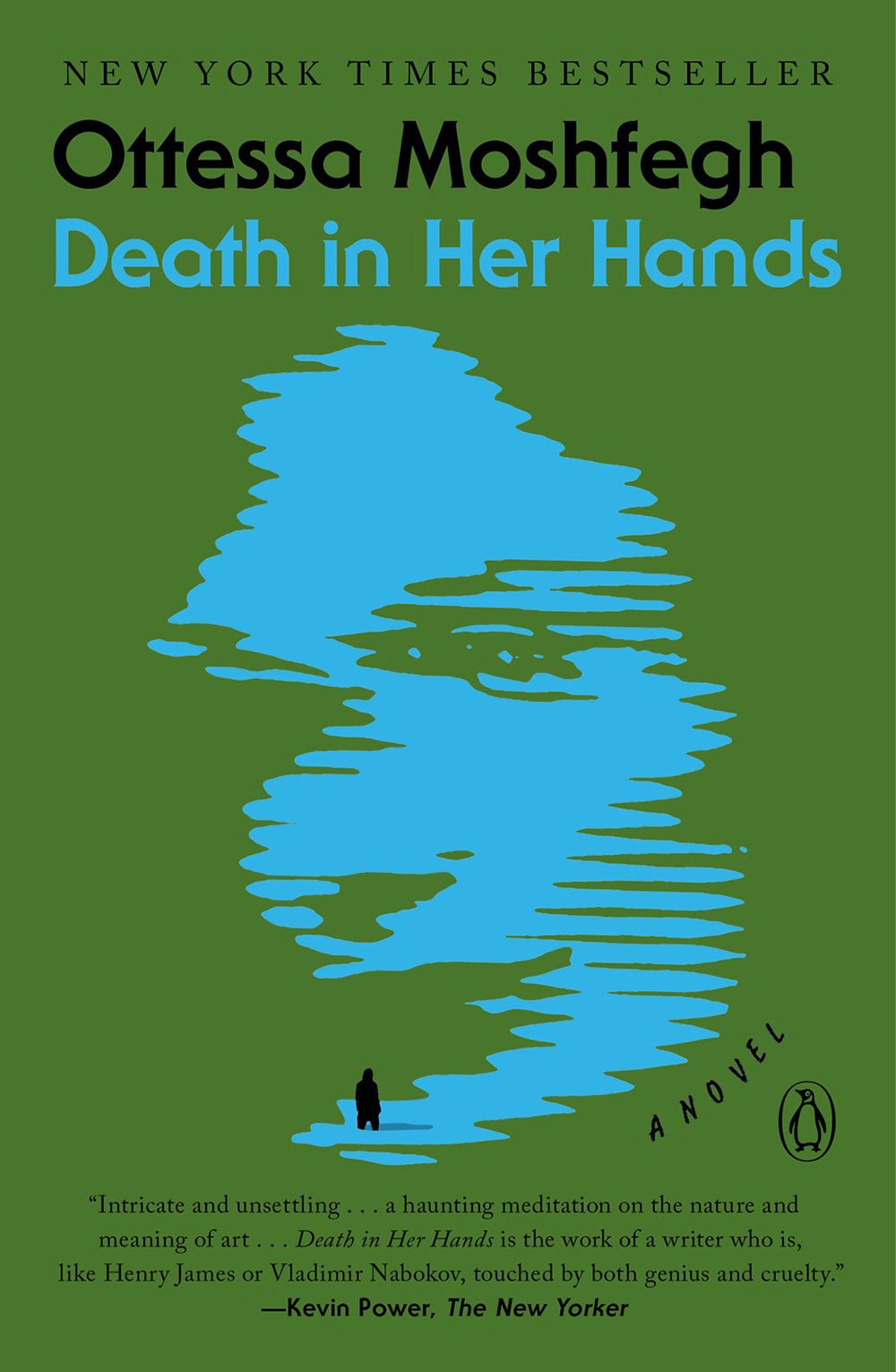A health minister has defended the government’s decision not to offer the hospitality sector more financial support, saying venues remain “pretty full”.
Business leaders have issued a fresh call for more economic help for the hospitality sector after fears around the new Omicron variant led to a steep decline in trade in the usually busy run-up to Christmas.
But Gillian Keegan said the government had already issued a £1bn package of measures for the sector before the festive period and implied further assistance is not necessary as “people are still going out”.
Live COVID updates as minister reiterates need for people to be ‘cautious’
Asked if businesses need more financial support if the government is calling for people to remain “cautious” with their New Year’s Eve plans, Ms Keegan said: “Well, that is why we have put a package of measures, a £1bn package of measures in place just before this period.
“But I have been out a couple of times – my sister is over from the States, so we have been out to a couple of restaurants – and they have been pretty full.
“So, you know, I’m obviously in London at the moment, but I think people are still going out, but they are just taking a lateral flow test before and obviously being a bit more cautious.”
New Year’s Eve parties given the green light
The minister added that, after Health Secretary Sajid Javid announced no new restrictions would be implemented in England before 2022, people should “enjoy” themselves over the New Year, “but cautiously”.
Ms Keegan suggested those attending events should consider going to well-ventilated places if possible and take a lateral flow coronavirus test beforehand.
The industry has broadly welcomed the health secretary’s announcement that there will be no new COVID restrictions ahead of the New Year beyond the Plan B measures already in place.
Treasury support ‘won’t go far enough’
However, the British Chambers of Commerce warned the move would not make up for hospitality venues’ lost trade during what should have been the busiest time of year, as people stayed home to avoid catching coronavirus.
“I am delighted to see that we are protecting New Year’s Eve, but it just won’t go far enough,” its president Baroness McGregor-Smith told the BBC.
She added that while the Treasury has announced grants of up to £6,000 for businesses affected, some were losing more than that each day. She has urged the government to extend the business rates relief and the emergency rate of VAT beyond the end of March.
Chief executive of Adnams brewery Andy Wood agreed, saying there had been a 50% drop in visitors to pubs and hotels after England’s chief medical officer Professor Chris Whitty urged people to be cautious about socialising.
“There is going to need to be support for the sector through the dark months of January, February and March,” he told the BBC.
Latest COVID data
Pressed on whether more restrictions could be brought in early next year, Ms Keegan said ministers “watch very carefully all of the data” – including the number of hospitalisations.
The health minister also confirmed that 32.4 million boosters have been administered.
While there is relief among business that New Year’s Eve celebrations will be able to go ahead in England, some scientists have expressed concern about the lack of new restrictions following the surge in COVID cases.
The decision also means England is out of step with the devolved administrations in Scotland, Wales, and Northern Ireland, which have all brought in new post-Christmas COVID rules.
The latest government figures showed there were a record 113,628 new COVID cases in England on Christmas Day, with 1,281 new COVID-19 hospital admissions – up 74% week on week and the highest since 16 February.
As of 8am on 27 December, there were 8,474 people were in hospital in England with COVID-19 – the highest number since 5 March.

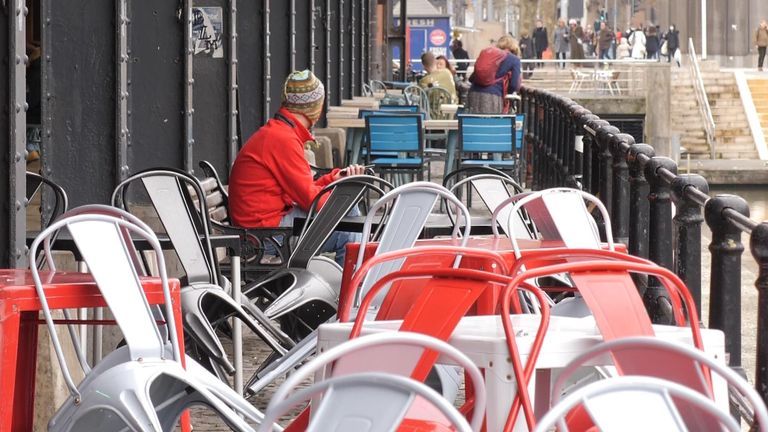
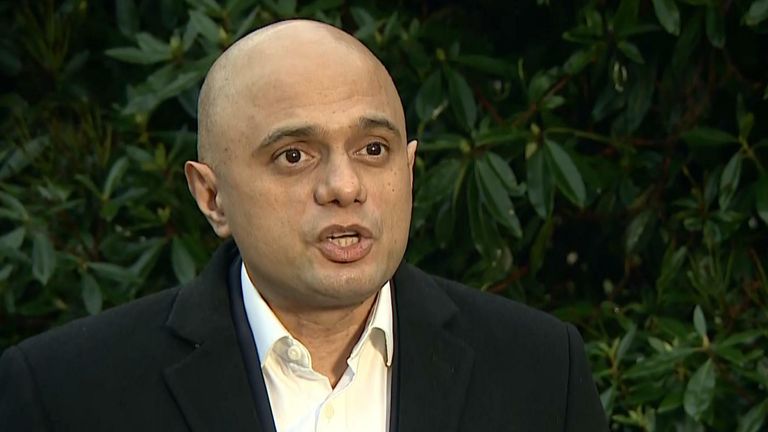
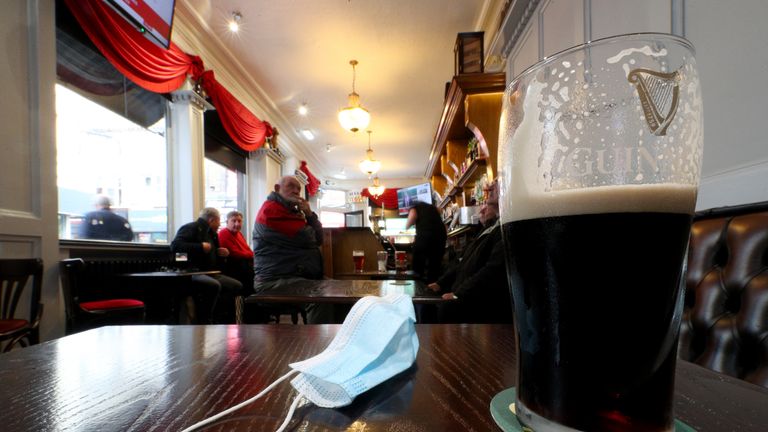

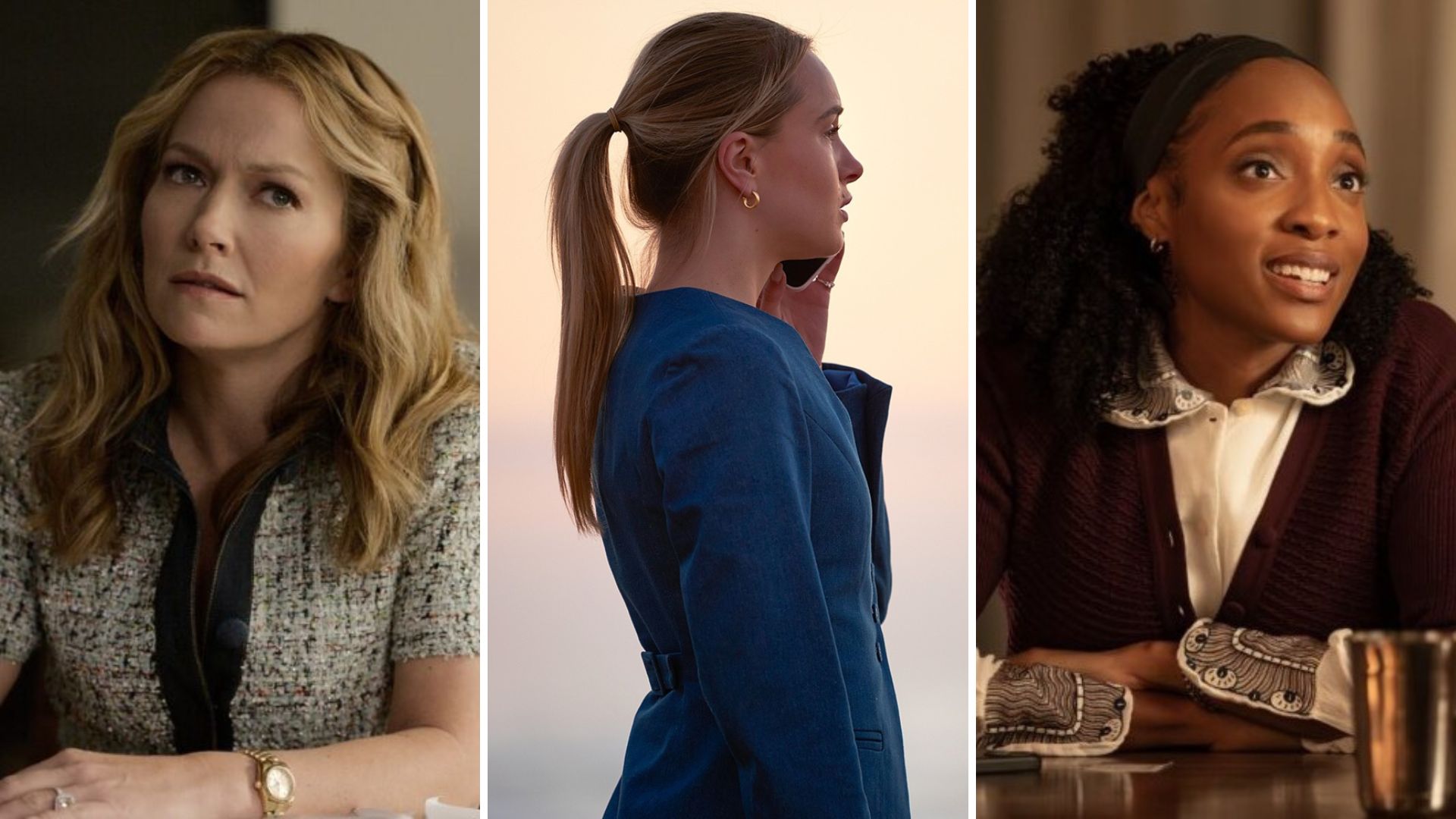
![Scream 7 Trailers Are Making Me Think [SPOILER] Has To Be The Killer Scream 7 Trailers Are Making Me Think [SPOILER] Has To Be The Killer](https://cdn.mos.cms.futurecdn.net/SB3efVqBwkiQ9NbuDBsTq8-1280-80.jpg)
